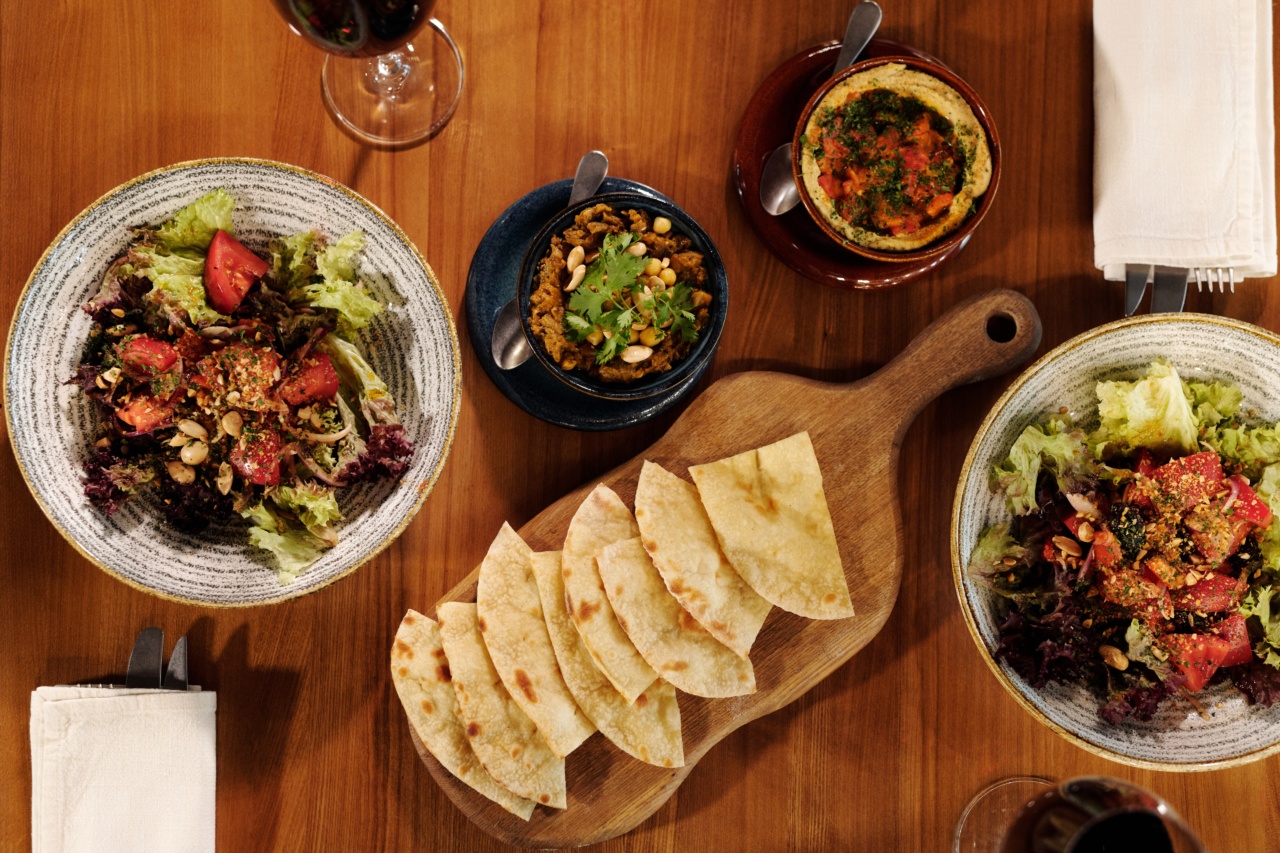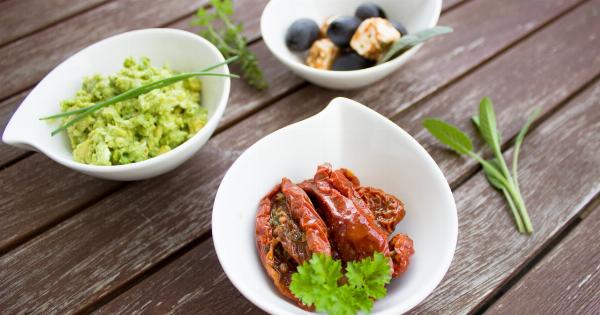Packaged salads have gained immense popularity in recent years due to their convenience and perceived health benefits. However, behind the fresh and leafy facade, these ready-to-eat salads may pose several dangers to your health.
In this article, we will explore the potential risks associated with consuming packaged salads, from bacterial contamination to nutrient depletion.
1. Bacterial Contamination
One of the primary concerns with packaged salads is bacterial contamination. Pre-cut greens are more susceptible to bacteria such as E.
coli, Salmonella, and Listeria due to the increased surface area and the potential for cross-contamination during processing. The high moisture content and lack of oxygen in sealed packaging create an ideal environment for bacterial growth.
The Centers for Disease Control and Prevention (CDC) reports that leafy greens are responsible for numerous outbreaks of foodborne illnesses. In 2018, a multi-state outbreak of E.
coli infections linked to romaine lettuce resulted in 210 illnesses and five deaths. These incidents highlight the importance of proper handling and hygiene practices throughout the salad supply chain.
2. Pesticide Residues
Conventionally grown packaged salads often contain pesticide residues. Farmers use various chemicals to protect crops from pests and diseases, but traces of these chemicals can remain on the produce.
Pesticide exposure, even in small amounts, has been associated with numerous health issues such as cancer, reproductive harm, and developmental disorders.
While regulatory bodies set maximum residue limits (MRLs) for pesticides, the cumulative effect of consuming multiple food products with residue levels below the MRL is still a concern.
Choosing organically grown packaged salads can help minimize exposure to pesticide residues.
3. Nutrient Depletion
Packaged salads often undergo processing and prolonged storage, which can lead to nutrient depletion. Vegetables and greens start losing vitamins and antioxidants as soon as they are harvested.
The longer the time between harvest and consumption, the greater the nutrient loss.
Exposure to light, heat, and air accelerates nutrient degradation. The washing and cutting processes also contribute to nutrient loss.
Additionally, the use of preservatives and artificial additives in some packaged salads can further impact the nutritional value of the greens.
4. High Sodium Content
Many packaged salads come with dressings or seasoning packets, which can significantly increase sodium content. Excess sodium intake is linked to high blood pressure, heart disease, and kidney problems.
Even salads marketed as “low-fat” or “light” may be loaded with hidden sodium, as it is often used to enhance flavors and preserve the freshness of the ingredients. Reading labels and opting for low-sodium dressings can help mitigate this risk.
5. Calorie Overload
While salads are commonly perceived as a healthy choice for weight management, packaged salads can sometimes be a hidden source of calorie overload.
Creamy dressings, cheese, croutons, and other add-ons can significantly increase the calorie content of the salad. It is crucial to be mindful of portion sizes and toppings when opting for packaged salads as part of a calorie-controlled diet.
6. Environmental Impact
Aside from personal health risks, packaged salads also have a significant environmental impact. The single-use plastic containers and packaging contribute to the growing plastic waste crisis.
The production and disposal of these containers require valuable resources and contribute to greenhouse gas emissions. Opting for fresh, locally sourced produce or growing your own greens can help reduce the environmental footprint associated with packaged salads.
7. Lack of Dietary Diversity
Relying solely on packaged salads for your vegetable intake limits the overall diversity of your diet. Different vegetables offer a variety of vitamins, minerals, and antioxidants.
By consuming a wider range of vegetables, you can ensure a more balanced nutrient intake. Incorporating other types of produce, such as cruciferous vegetables, root vegetables, or legumes, can provide additional health benefits beyond what packaged salads offer.
8. Misleading Labels
Labels on packaged salads can sometimes be misleading. Phrases like “all-natural,” “organic,” or “non-GMO” may give the impression of a healthier choice.
However, it is essential to scrutinize these claims and look for official certifications or third-party verifications to ensure the accuracy of the labeling. The packaging itself may also depict enticing images of fresh vegetables, which may not accurately represent the actual product inside.
9. Allergen Cross-Contamination
For individuals with food allergies, packaged salads can present a risk of allergen cross-contamination.
Processing facilities that handle various ingredients may not have stringent separation protocols, potentially leading to unintended contact between allergens and the salad greens. It is crucial for individuals with allergies to carefully read ingredient labels and consider the potential risks before consuming packaged salads.
10. Financial Cost
Although packaged salads are convenient, they can be more expensive compared to buying fresh whole vegetables and preparing salads at home. The added convenience and processing costs are passed on to the consumers.
For those on a budget, opting for whole vegetables and preparing salads from scratch can provide significant cost savings without compromising on nutritional value.































